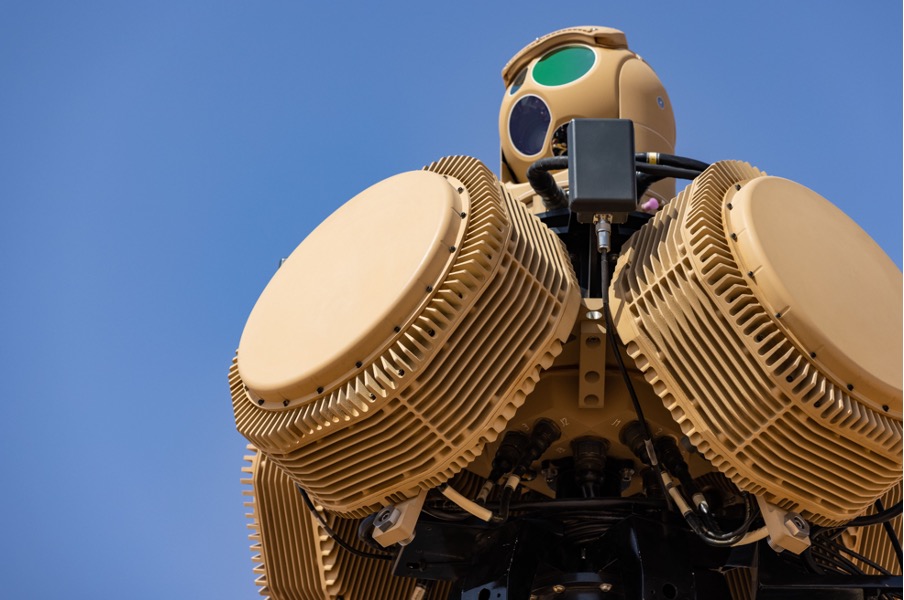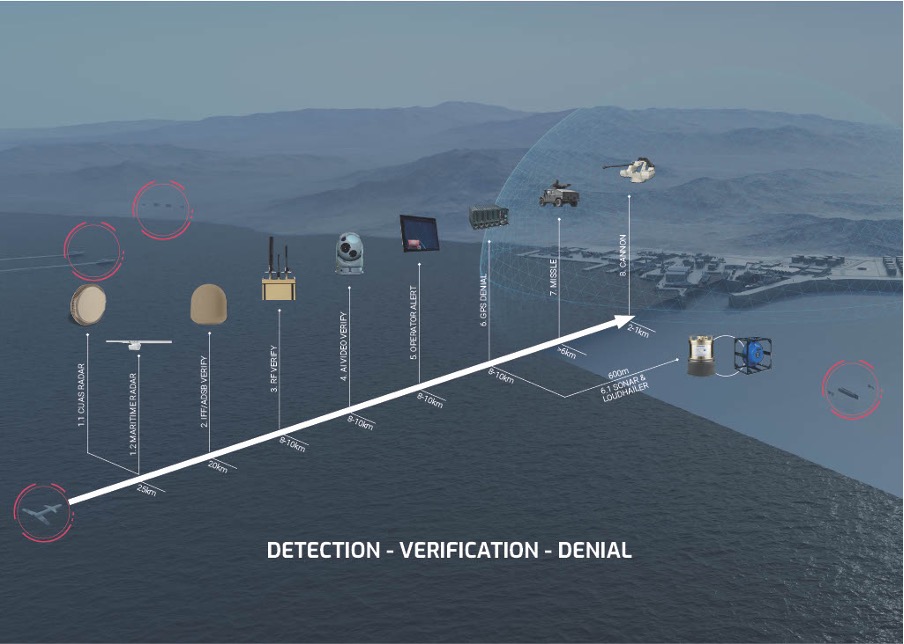Hybrid intelligence system from MARSS to protect nine Middle East critical infrastructure sites
MARSS completes successful test milestone in Middle-East critical infrastructure protection.
30 May 2023

As the war in Ukraine has clearly demonstrated, critical national infrastructures are susceptible to attacks from both manned and unmanned threats from the air and the sea.
Russian drone and missile attacks have caused damage to key infrastructure in Ukraine including power generation facilities and in September 2019, drones were also used to attack oil processing facilities in eastern Saudi Arabiia. So how best to address this new and growing type of threat?
An ambitious five-year multi-security programme in the Middle East across nine critical infrastructure sites uses a hybrid intelligence system, which uses various sensors to protect against threats from manned and unmanned air and maritime systems.
Global technology company MARSS recently announced that a major milestone had been successfully reached in the flagship programme with the completion of the second Site Acceptance Test for its security systems installed at the nine key sites, which are networked into a centralised national command centre.
The security systems installed by MARSS are built around its proprietary hybrid intelligence system, NiDAR, a Joint Area Domain Command and Control solution, which fuses artificial intelligence (AI) alongside traditional algorithmic techniques and human driven domain expertise to create a single, intelligent user interface that maximises the performance of individual sensors and effectors.
MARSS uses a combination of multi-domain-layered systems to protect against underwater, surface and air threats, including different types of radars, cameras, and sonar systems to provide short-to-medium-range protection across the site, and electronic countermeasures. These all integrate into NiDAR, along with legacy base defence systems, providing a single tactical surveillance picture.
According to MARSS, during the acceptance test, the NiDAR system demonstrated successful detection and tracking of surface and air threats with various radar cross sections, proprietary AI-based classification and successful threat defeat countermeasures.

It claims that by using AI it can drastically reduce the decision cycle to better protect assets against threats at greater ranges, with better performance and lower false alarm rates.
Andy Forbes, Managing Director at MARSS said: “Successfully passing this Site 2 SAT is hugely significant and a major new milestone for the project. After a quick start, the programme faced a series of challenges, not least the restrictions put in place to avoid the spread of Covid-19, but we’re now excited to be completing the scope of these base defence programme in 2023.”